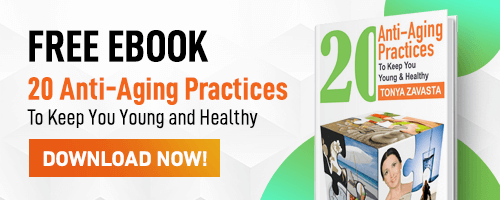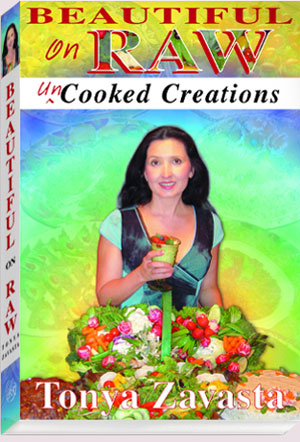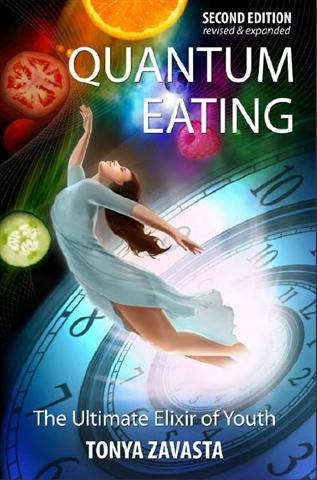Stomach Problems: Short-Term Fix or Long-Term Solution?

H2 blockers … proton pump inhibitors (PPIs) … antacids … The last one, at least, surely sounds familiar. Everyone’s popped a Tums or a Rolaids tablet, or their generic equivalents, at one time or another. Not a night of television goes by without an ad for antacid liquid or tablets—pumped by manufacturers as quicker acting and more soothing than the next. Whether you call it heartburn, acid indigestion, or acid reflux, it’s a disorder which every sufferer shares with fully a third of the U.S. population.
Most people can pinpoint the cause when experiencing this unpleasantness—this morning’s doughnuts and too much coffee…last night’s pepperoni pizza binge. Others seem to suffer even when they’ve eaten more reasonably, but still on a standard North American diet.
Many are so accustomed to the standard remedy that most don’t even need a trip to the drugstore when they feel heartburn coming on. What household doesn’t have a bottle of pink or blue liquid in the bathroom? What pocket, purse, or car-console cubbyhole doesn’t contain a little roll of Tums?
What is Heartburn or Indigestion?
Heartburn happens when stomach acid backs up into the esophagus, causing that burning sensation in your stomach, running up into your chest, even your throat. The lower esophageal sphincter normally opens only one way to allow food to enter the stomach, but if it weakens, it can open the other way to allow an upward flow of stomach acid. Common as this is, it’s still a bit of a mystery. Scientists only speculate why the sphincter becomes faulty: Possibly it’s as simple as stomach pressure rising higher than the sphincter can manage. With age, when acid and enzyme production decline, and especially if we continue consuming low-nutrient cooked food, our digestive process becomes less efficient, causing food to sit longer in the stomach. There it ferments, produce gas and extra pressure—too much for the sphincter to handle. It’s the same story for indigestion, on a lower scale—a feeling, beyond fullness, of bloating, nausea, or burning in the stomach area.
Will Drugs Solve the Problem?
The usual over-the-counter remedies—generally based on calcium—work to reduce or neutralize gastric acid produced by the stomach. And often they work well—for the moment. But it’s only a cover-up, giving the quick relief you seek, but without dealing with the root of the problem. These remedies aren’t harmless, either. Their ingredients can bring on constipation, clog your kidneys, and even contribute to kidney stones. And watch out, you regular antacid poppers: You need stomach acid for digestion—especially digestion of protein. If you keep neutralizing that acid, reducing its strength, what’s going to perform that digestive function for you?
Raw Foods to the Rescue
I’m sure you can hear my recommendation coming from a mile away: Why not give the raw food lifestyle a go? Heartburn and acid indigestion aren’t the reasons most raw foodists have made the switch. But it just might be your reason. My own experience, and that of countless others, says this: As you are shifting more and more toward the raw end of the food scale, you’ll notice how episodes of heartburn and indigestion become less frequent, less intense. And then … entirely disappear.
By adopting a raw foods lifestyle, you’ll not only be dropping some of the worst causal offenders—coffee, alcohol, sugar, dairy, fried and fatty foods—but you’ll be consuming many more alkaline vegetables, fruits and greens that will naturally decrease your stomach acidity. Enzymes in live foods help your digestion work more efficiently, more thoroughly. Keep your raw diet low-fat and low-carb, and you’ll practically guarantee yourself no more heartburn and indigestion. What’s more, over time your vastly improved diet will help renew and strengthen your body tissues—that old esophageal sphincter included. My first three books, Miracle of Raw Foods, Uncooked Creations, and Quantum Eating (now in it's Second Edition!), address these topics in greater detail and provide raw recipes to assist you in your raw journey:
Watch When and How you Eat
Cut quantities—you’ve been meaning to do that anyway, haven’t you? Start eating less—eventually nothing at all—in the evening. That way, you’ll free your body to digest more thoroughly, and spend less energy at it. You’ll aid both of these goals if you eat slowly … calmly … mindfully …
Slow Down!
High stress contributes to indigestion issues.Try meditation, yoga, or a simple walk to relax.
Take your digestive health in your own hands. Here’s your opportunity. Right now, you can finally take that first step on your raw food journey. You needn’t become victim to your digestive troubles: You have the power—today—to turn it all around, and experience digestion the way it was meant to be … effortless, painless, a truly natural process.



